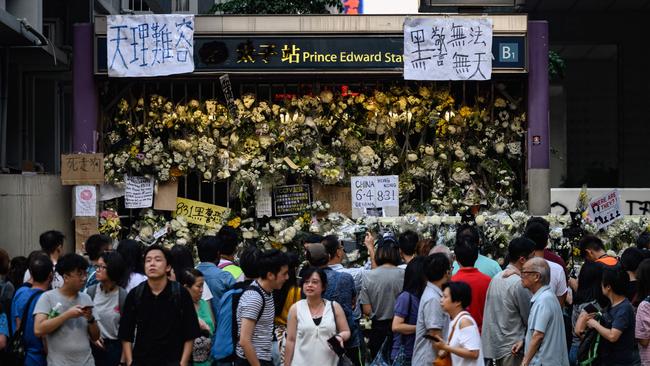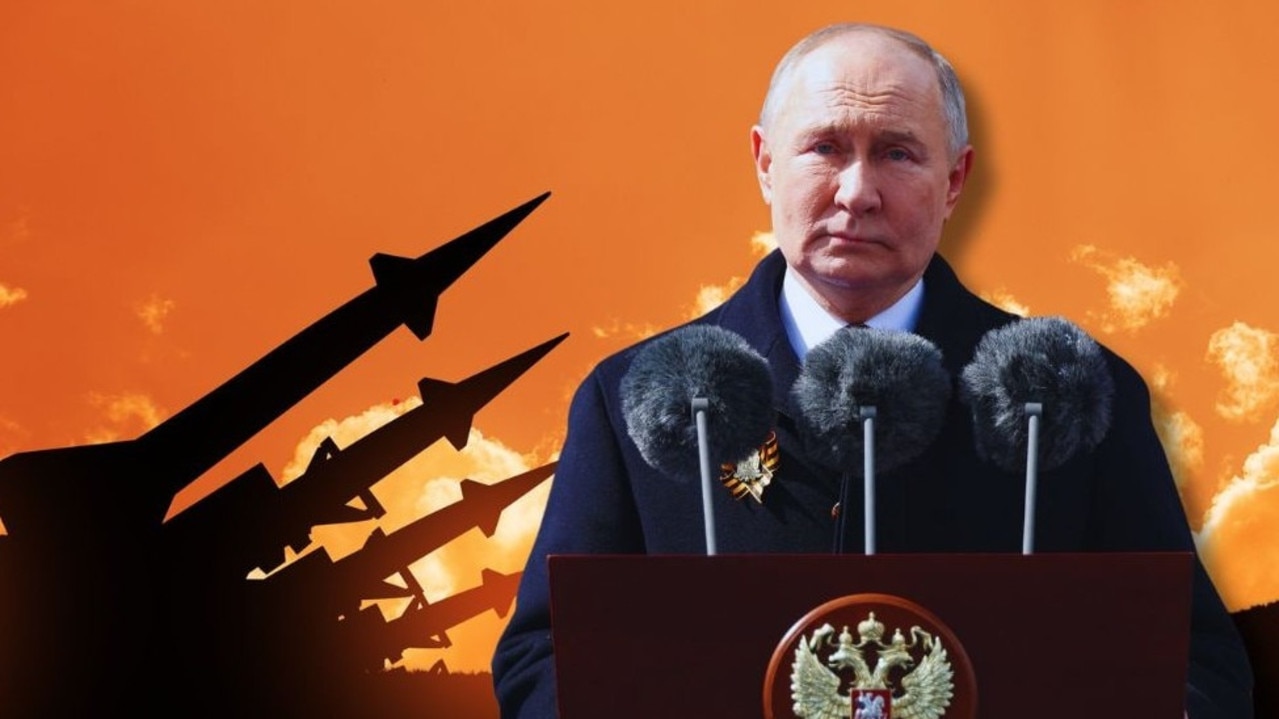Hong Kong police increase surveillance of social media
The system appears to be modelled on the strict censorship model employed in mainland China.

Police in Hong Kong will increase surveillance of social media and online discussions in an effort to fight misinformation and quell “rumours” before they spread, officials have said.
A new 24-hour public opinion tracking system is designed to flag fake news and improve trust in the police, the force’s new head of public relations said. However, the system appears to be modelled on the strict censorship model employed in mainland China, raising fears public discussion of sensitive topics could be further suppressed.
The initiative comes three years after mass demonstrations broke out in the city, pitting protesters against police who were ordered to disperse crowds. Human rights groups and protesters have accused the authorities of using excessive force, including teargas and rubber bullets, to break up peaceful demonstrations.
Joe Chan Tung, an assistant commissioner recently put in charge of the police department’s PR wing, blamed fake news and misinformation about the protests for the souring in relations between police and the public. “There was huge quantities of fake information on the web,” Mr Chan told hk01.com, a local news site. “One piece of misinformation is too many.”
Karen Tsang Shuk-yin, a chief superintendent, cited as an example fake reports of deaths at the Prince Edward station on the night of August 31, 2019, when riot police stormed the train station with batons and pepper spray. Police said the officers used only “minimal force”, but protesters accused police of indiscriminately beating local residents and questioned if there were deaths. Dozens of people were arrested in connection to the event, known in Hong Kong as the “831 incident”, due to the date.
Ms Tsang also dismissed the allegations that some detainees were sexually assaulted at a police detention facility in 2019.
Such allegations have been destructive, she said. “If there is no immediate clarification, residents, especially young people, will have misunderstanding toward the government and the police force, which germinates hatred,” she said, adding that the police had been making clarifications on its Facebook page.
A third-party company will now monitor online information and compile details of comments and discussions related to the police, the South China Morning Post reported.
In China, governments of all levels routinely use public opinion tracking systems to flag any negative news and respond accordingly. Censors can order social media sites to remove posts and disable the comment function, while authorities publish and promote the official narrative of any controversial news event. Most recently, several social media sites in China inexplicably stopped working on the night of August 2, when US house Speaker Nancy Pelosi landed in Taiwan despite warnings from Beijing.
The Hong Kong government is also considering a law against fake news. Until the legislation is introduced, Mr Chan suggested that the police would not directly censor online content, but would use digital media to improve the force’s public image and promote “good stories … highlighting the force’s professionalism to win public confidence”.
Mr Chan also sought to dispel concerns that the national security law, imposed by Beijing in 2020 after the protests, had compromised freedom of speech in the territory. Western countries have criticised the law as violating the “one country, two systems” policy agreed for the handover of Hong Kong in 1997.
Local media organisations such as the Hong Kong Journalists Association have come under mounting pressure from the authorities since the introduction of the law, which prohibits “any act of treason, secession, sedition, (or) subversion” against the central government.
“It’s unquestionable that the police force and Hong Kong respect press and individual freedoms,” Mr Chan told a press conference. “If the press freedom were restricted, then many of the questions you’ve asked would not have been uttered.”
The Times


